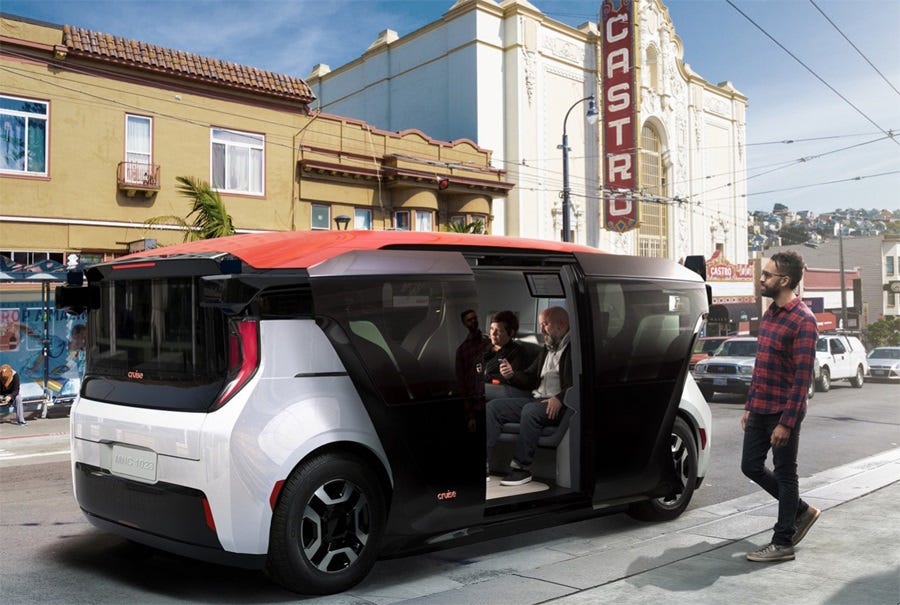October is National Disability Employment Awareness Month, and to mark the event, LinkedIn has announced a range of new updates to improve accessibility for LinkedIn users.
First off, LinkedIn’s adding auto-captions for video content, providing another way to maximize inclusion with LinkedIn content.

As you can see in this sequence, now, when you upload a video clip, you’ll have the option to activate automated captions. Auto-captions can be added as soon as they’re available, or you’ll be able to review them before they’re published.
Auto captions can be a big help, not just for those with hearing difficulties, but also for people watching video in ‘sound off’ situations. As such, the practical value here is significant, and it’s good to see LinkedIn taking the next steps in activating the option with its video clips.
In addition to this, LinkedIn users will now also be able to turn on high contrast when watching videos on the LinkedIn app, which will adjust the colors to improve accessibility for those with low vision or visual disabilities.
LinkedIn also says that there’s been a significant increase in the amount of job postings with ‘accessibility’ in the job title, and as such, it’s now moving to provide more recognition for accessibility roles within the app.
As per LinkedIn:
“If you work in the accessibility industry, you can now choose a standardized title in accessibility, such as ‘accessibility designer’, ‘chief accessibility officer’, or ‘accessibility engineer’ that matches this work. This is valuable because standardized job titles help you get discovered for opportunities and more easily find opportunities that match your skills.”

That’ll provide more opportunity for accessibility experts to get recognized for this expertise in the app.
LinkedIn’s also adding alt-text functionality in Campaign Manager, which will enable advertisers to add text descriptions to image ads, while it’s also added new LinkedIn Learning courses focused on accessibility in different roles.
One of the great wonders of the internet age is the opportunities that online platforms have created for all people. The recent work-from-home shift has boosted this once again, and in combination with new features like these, we are continuously advancing towards a better future, where people from all walks of life are able to pursue their passions and careers, with fewer limits.
Which is why such updates are important, and will have a wide range of implications for millions of people.
























































![Key Metrics for Social Media Marketing [Infographic] Key Metrics for Social Media Marketing [Infographic]](https://www.socialmediatoday.com/imgproxy/nP1lliSbrTbUmhFV6RdAz9qJZFvsstq3IG6orLUMMls/g:ce/rs:fit:770:435/bG9jYWw6Ly8vZGl2ZWltYWdlL3NvY2lhbF9tZWRpYV9yb2lfaW5vZ3JhcGhpYzIucG5n.webp)


















